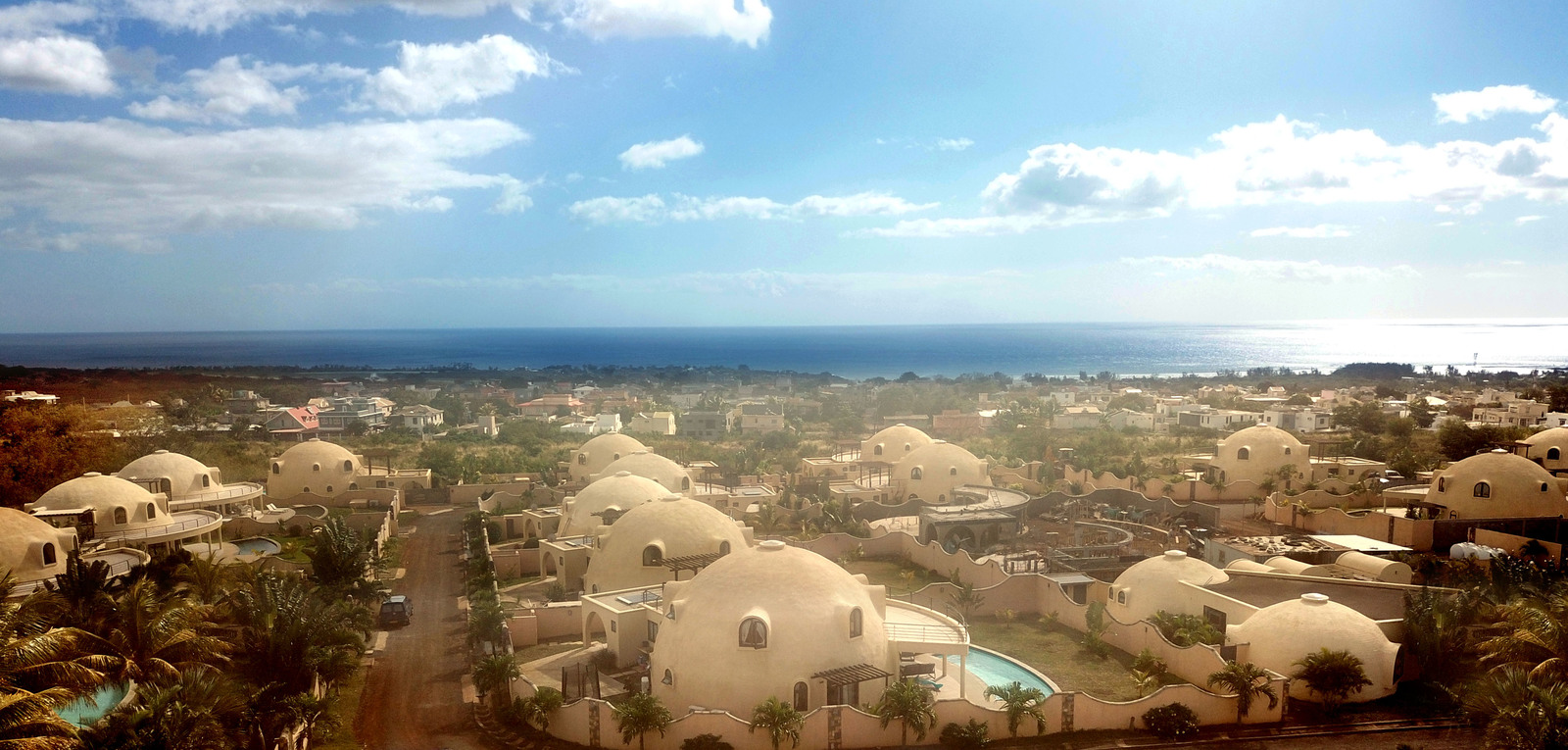PDS, RES, IRS: What Are the Differences Between These Three Schemes?
These programs enable the development and sale of high-end residential properties to foreigners in Mauritius. While they share a common objective, there are notable distinctions.
Resort Scheme (IRS), Real Estate Scheme (RES), and Property Development Scheme (PDS) were established to facilitate foreign real estate investment while supporting local economic development.
1. Developed Areas
- IRS (Integrated Resort Scheme):
Launched in 2001, the IRS focuses on large-scale projects. The developed land must cover more than 10 hectares. - RES (Real Estate Scheme):
Introduced in 2007, this scheme targets mid-sized projects. The size of RES developments ranges between 4,000 m² and 10 hectares, allowing smaller landowners to participate in real estate development. - PDS (Property Development Scheme):
Launched in 2015 to replace and harmonize IRS and RES, the PDS imposes no maximum land size limits. This scheme promotes an inclusive approach, with a positive social and environmental impact. Projects must adhere to sustainability principles and meet ecological standards.
2. Purchase Price
- Under the IRS, the minimum price for a villa is set at USD 375,000.
- RES offers more flexibility, with no mandatory minimum price.
- The PDS follows IRS rules, requiring a minimum of USD 375,000 for residential properties to qualify for a residence permit.
3. Residence Permit
- IRS: Purchasing a property at the required minimum price automatically grants a permanent residence permit for the buyer, their family, spouse, and children under 24, as long as the property is owned.
- RES: A residence permit is granted only if the property value exceeds USD 500,000. Buyers of lower-valued units can stay for up to six months annually.
- PDS: Similar to the IRS, a minimum investment of USD 375,000 grants a permanent residence permit.
4. Villas and Ecological Standards
PDS projects must include at least 6 luxury residential units, with the land area per villa extended to 1.25 acres (5,275 m²).
These projects incorporate sustainable development initiatives and contribute to the local community through public infrastructure or services for neighboring residents.
5. Registration Fees
Under IRS and RES, registration fees are 5% of the final property value, with fixed amounts of USD 70,000 for IRS and USD 25,000 for RES.
PDS standardizes these fees: 5% of the purchase price, regardless of project size.
6. Continuity of Existing Projects
Projects initiated under the IRS and RES schemes before 2015 continue to operate under their respective names. However, all new developments must comply with the PDS norms and criteria.
Any buyer must submit their request to the Economic Development Board (EDB) in Port Louis. The duly completed and signed application form must be submitted with all mandatory documents in accordance with the official guide of the Commission.
For more information on the various investment opportunities in the residential real estate sector in Mauritius, contact us so that we can guide you in your development project.
